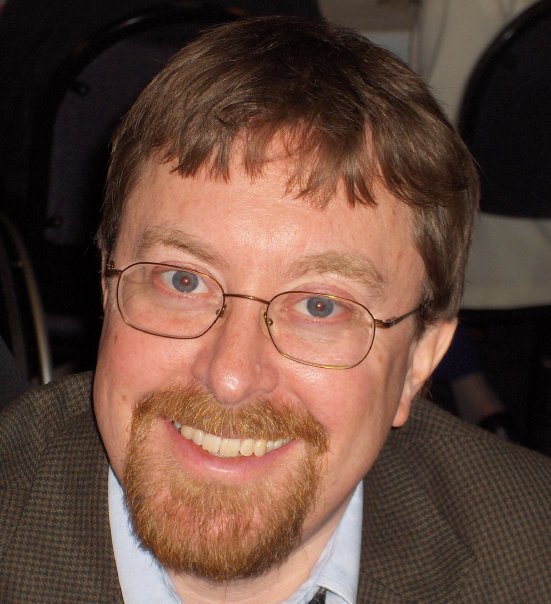|
One of the problems with discussing socialism is that many Americans have, for some reason, a different definition of it from anywhere else in the world. Many Americans call European “social democratic” governments “socialist”. Europeans would vehemently deny the charge, and would even be offended by it. What some Americans define as “socialist” would be basically fairly high spending by a government on social benefits, such as transportation, education, healthcare, etc., which are characteristic of many western European countries, accompanied by high personal taxes and a reliance on the US for national defense. But these countries are also strongly capitalist— in many cases, lower tax rates on corporations than the US, and strong influence of corporations and the wealthy on government policies.
0 Comments
|
DAVID SNOKEDavid is a physics professor at the University of Pittsburgh in the Department of Physics and Astronomy. He received his bachelors degree in physics from Cornell University and his PhD in physics from the University of Illinois at Urbana-Champaign. He has worked for The Aerospace Corporation and was a visiting scientist and Fellow at the Max Planck Institute. His experimental and theoretical research has focused on fundamental quantum mechanical processes in semiconductor optics, i.e. phase transitions of electrons and holes. Two main thrusts have been Bose-Einstein condensation of excitons and polaritons. He has also had minor efforts in numerical biology, and has published on the topic of the interaction of science and theology. Archives
April 2021
Categories |

 RSS Feed
RSS Feed
